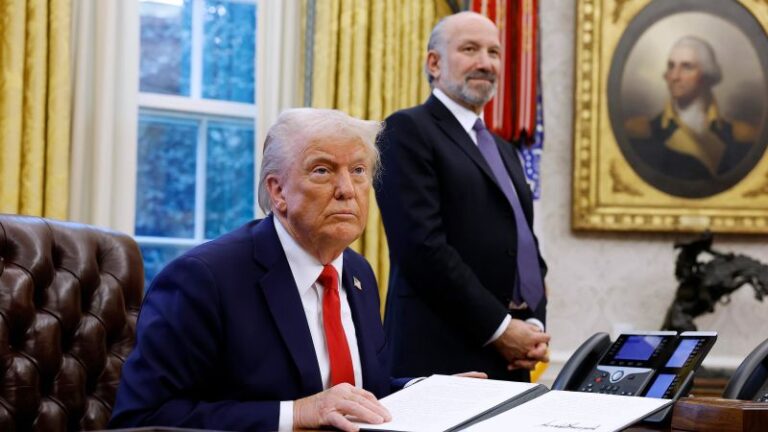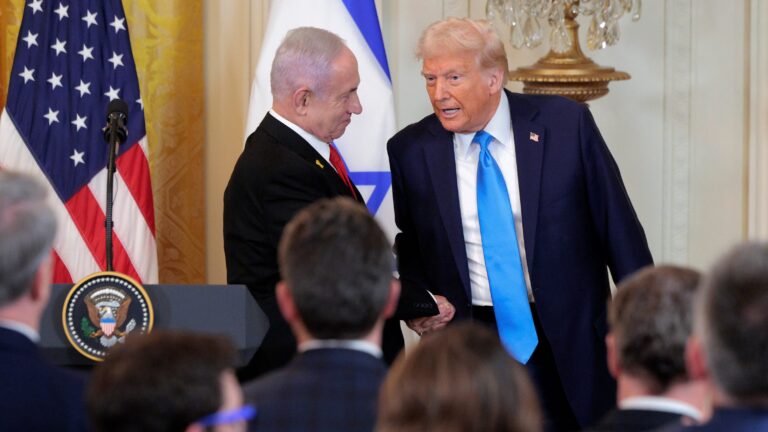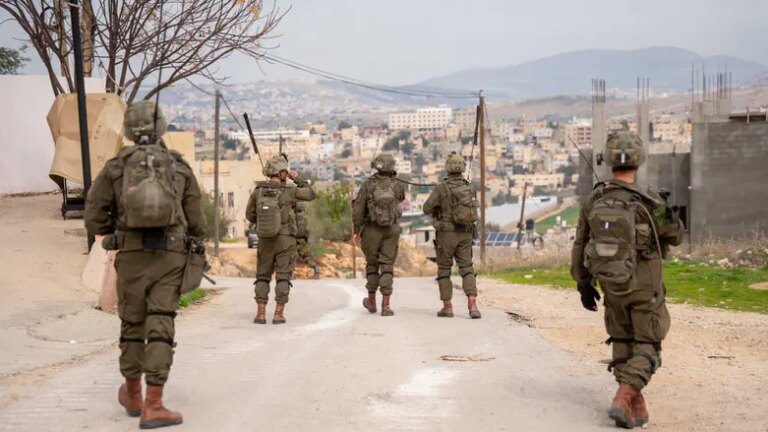After his release from nearly 500 days of Hamas captivity, Keith Siegel told his family that he held imaginary conversations with them while he was held hostage, his brother Lee told The Jerusalem Post on Thursday.
Keith spent a staggering six months of his captivity alone cumulatively, his brother said, adding that the last two months of his captivity were spent entirely alone.
“He told us that he had conversations with us. When he was allowed to have his eyes open and whisper – so it would be speaking to us. And if he needed to have his eye closed and not speak, it was all within his mind – talking to us, seeing us, just having conversations with us.”
“He came back very, very grounded in who he is,” Lee added.
Keith only knew he was going to be released one day before he was set free, Lee explained, adding that he doesn’t know if Keith was even aware there was a ceasefire at the time.
When asked how Keith is doing now, Lee said that a good way to explain how his brother is is to share that just two days after Keith returned, after he asked about Kfar Aza, he was asking what he could do to help bring the other 79 hostages home.
“That says a lot about how Keith is doing,” he said, adding that Keith has lost a lot of weight and needs to build back strength, but overall, his morale is very high.
“He can’t get enough of answers to questions. He has a lot to make up for,” Lee added.
Sharing the horrors of Oct 7
Asked if they were openly sharing the horrors of October 7 and its aftermath with Keith all at once, Lee explained that “if he asks, he is given an honest and straightforward answer.”
This included when one of the first questions Keith asked was about his mother, who had passed away while he was in captivity.
Lee explained that their 97-year-old mother had not been told about Keith and Aviva’s captivity or the war – that the facility where she lived helped them keep the news from her.
“She passed away not knowing,” he said, explaining that she died peacefully in her sleep.
Lee described how Keith, who did not know what had happened to his son Shai – also on Kibbutz Kfar Aza on October 7, found out that his son was alive.
One of the Hamas guards was listening to a radio interview, and Keith heard his daughter. “she spoke to the fact that Aviva didn’t know their son was alive until she was released, and we don’t know what Keith knows or doesn’t know about their son being alive or not.”
Lee also said his brother saw him on TV when in one of the places he was held captive, he was invited down to watch.
Gradually, information started trickling through to Keith, who started to be aware of more than just what his captors were telling him – that there was “No Kibbutz Kfar Aza [and] no Israel,” said Lee, adding that Keith was told “when you leave here it will be to Europe or the US.”
Gratitude to Biden’s administration
Lee expressed gratitude to former US President Joe Biden’s administration, saying that “even if we had dreamed, we would not have come close” to the level of support provided to them.
“The State Department, the CIA, the FBI, President Biden himself, week by week, every single week,” he said, explaining the magnitude of the support they got.
“They would also continue to tell us that their job was to help get all hostages back” not just the American citizens.
The administration would also likely say that they had failed, Lee added, saying that while they succeeded in bringing many hostages home in the November 2023 deal, they finished their term with many hostages still held.
“They do not look to take victory laps; they are very, very happy and proud of the fact that [the hostage deal] is continuing.”
“We could not have asked for more, other than that they somehow had succeeded much much, much earlier to convince the Israeli government, particularly the PM, that it had to happen quickly and there was no good reason it didn’t happen in May.”
He highlighted that hostages had been killed in captivity before a deal was made. “If the agreement had been signed off on by Israel, they would be here alive, not murdered in a tunnel.”
When asked if he had a plan for how he would react when he saw Keith for the first time, Lee said that he couldn’t let himself build any expectations.
“Throughout this time, our expectations have gone to Mount Everest heights, when we thought that another release and agreements were going to happen, and then that was dashed,” he said, explaining that expectations continued to be raised only to be dashed again and again.
“I couldn’t allow myself to imagine. We also couldn’t know what condition he was in physically, emotionally,” he explained.
“Until he walked through the doors, I couldn’t entirely believe that that was him,” he added.
When he did see him come into the ward at Sourasky Medical Center, “I said to myself, it’s real, and we hugged, and I said, ‘You’re really here, you’re really here. You’re back. I love you.'”
“I’m in shock that he is here – I’m sure he is in shock that he is here, but he knows that he is here. I have to get used to that idea; he has to get used to that idea,” Lee added.
“The whole family is trying to find our way through a reality that no one was prepared for – no one knows how to coexist with even. Sometimes it’s as though it’s happening alongside us and not [to] us.”
“I am still having to pinch myself every now and again to appreciate that this is all real. Both because 484 days are endless, but also because Keith is good.”
Lee stressed that Keith’s family will stay in the fight for the remaining hostages. “The 79 hostages, eeach ofthemis a human being,” he stressed/
All hostages, living and dead, deceased and alive, must be brought back, he stressed.
“Those facts need to remain in everyone’s mind when they wake up in the morning and when they go to sleep until all 79 are back.”



